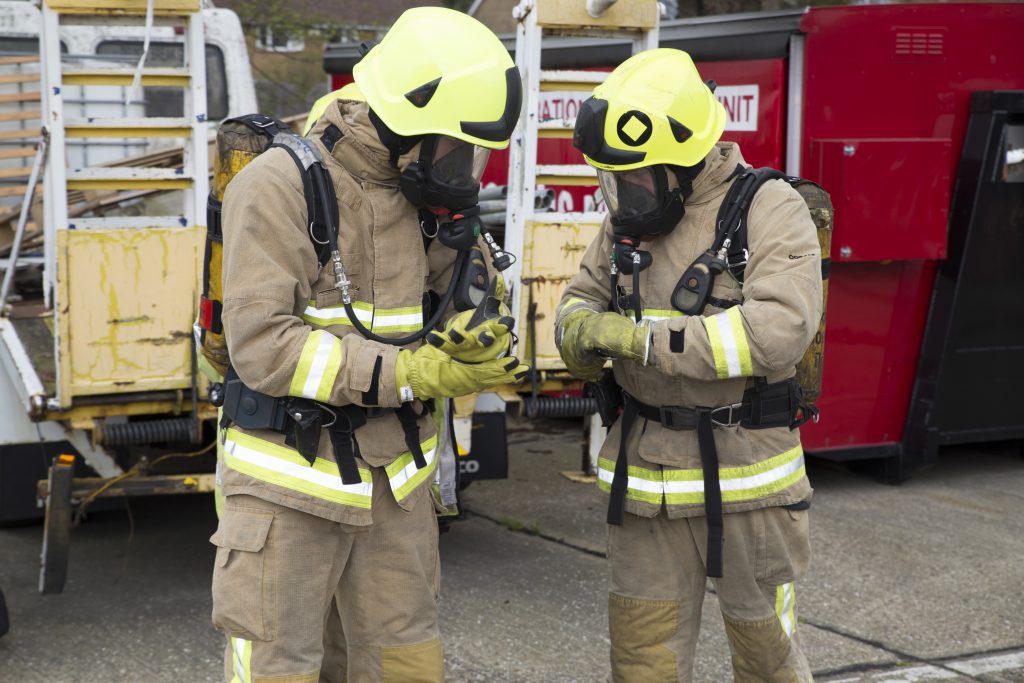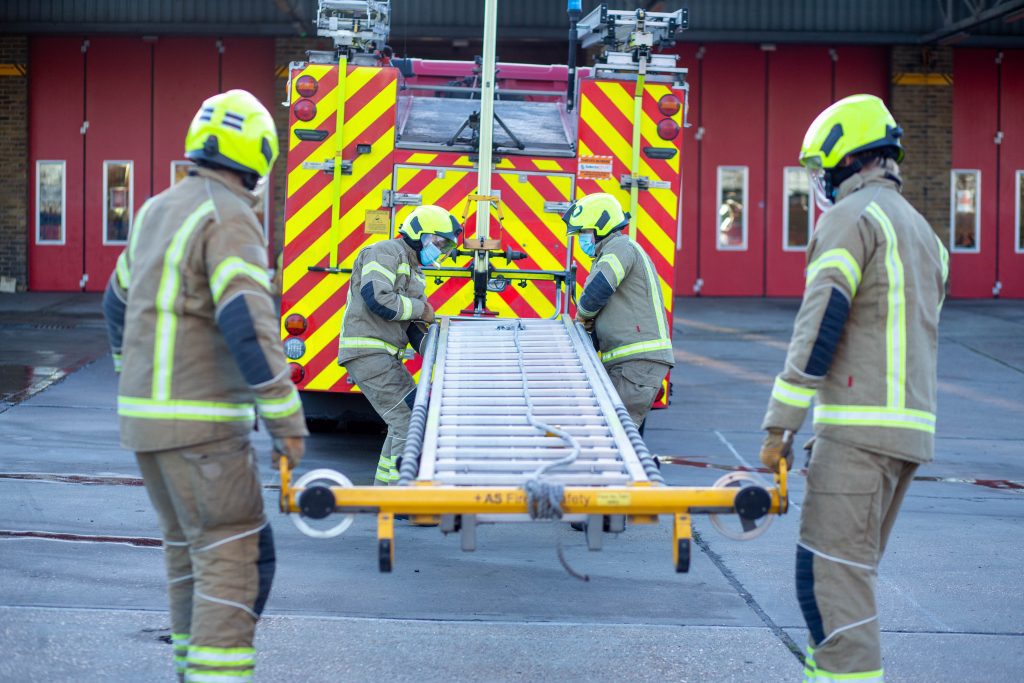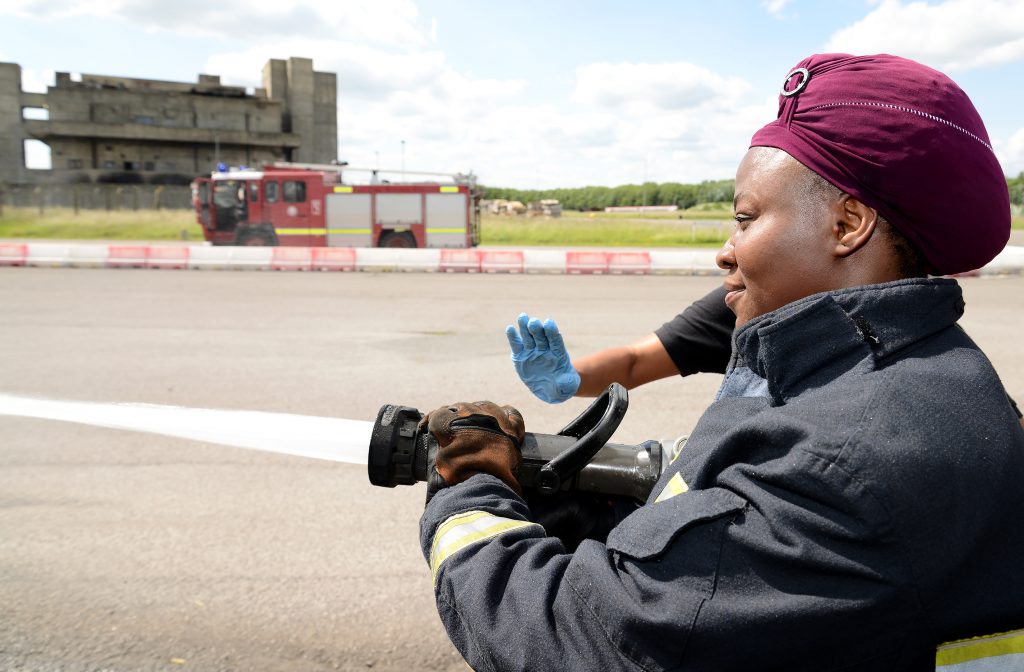
The team that forms the National NFCC Fire Commercial Transformation Programme, or as it is now more commonly known as The NFCC Procurement Hub, was originally formed in 2016, in response to the Fire Minister’s reform agenda. It is chaired by Chief Sponsor Ann Millington, Chief Executive Officer of Kent Fire and Rescue Service (KFRS), and consists of six Chief Fire Officer/Chief Executive Officer category sponsors and six category leads (Fleet, FM & Construction, ICT, Ops Equipment, PPE/Clothing and Professional Services). As the team worked tirelessly together to support the sector in response to the pandemic, the programme emerged as the now more commonly known ‘NFCC Procurement Hub’, a brand that stands strong today.
The Fire and Rescue Service spends circa £500m a year on goods and services via third party suppliers. This is a significant figure and in the current fiscal climate it is essential that these monies are spent wisely to protect the front line and provide a source of funding for transformation. Stakeholders, including UK taxpayers, need to be confident that the fire and rescue service is delivering Value for Money (VFM).


In 2016 the NFCC began implementing a package of reforms in the commercial operation of the sector under the umbrella of the ‘NFCC Fire Commercial Transformation Programme’. The lessons from police commercial change (Collaborative Law Enforcement Programme – CLEP) are being applied where appropriate as is the potential for collaboration with policing and others where there are areas of common spend.
The Numbers
-
£ 53.6 m
saved to date
-
£ 12.4 m
collaborative savings
-
£ 351 m
24-36 month estimated pipeline spend
